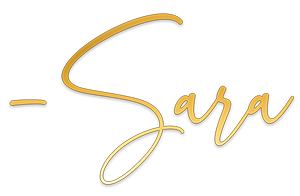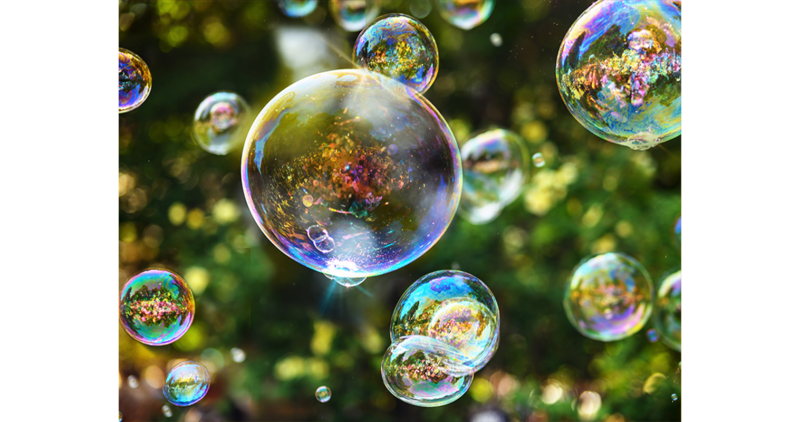Shit piss fuck cunt cocksucker motherfucker tits.
If you recognize that list of words, you’re probably old, like me. (Maybe even older—the list itself is almost the same age I am!) If you don’t recognize that particular grouping of words in that particular order, fear not—I’ll explain.
The point is, and it’s probably already obvious, we’re talking about naughty words today.
“The List”
That list above comes from a now-legendary 1972 comedy routine by George Carlin. In the bit, which he repeated, expanded, and adapted for many years, he says these are the seven words “you can never say on television.” It became so ubiquitous that, when I was doing some research for this article, I discovered when people write about it these days, they often describe it like it’s an actual law.
Almost nobody talks about it like “ha ha, that was a funny George Carlin routine,” but, rather “Has the official list of what you can’t say on television changed?” Considering he came up with this list in response to being censored for the language in his performances, I find it kind of hilarious that history has framed him as the origin of some imagined, official “decency” law.
This post, though, has nothing to do with George Carlin. Not directly, anyway. Today, we’re talking about naughty language in books, and the various ways it might be received.
The Evolution of Cursing in Books
As a Gen-X’er, I’m right around the age to remember when mainstream fiction went through something of a transition. I think it was probably in the late sixties or early seventies that it really started to change, so a tad before my time, but not by much.
Somewhere in that time frame, it became acceptable to use “naughty” words in your books quite freely. Stephen King is a great example of this. His books weren’t exactly considered great literature or anything, but they were mainstream fiction. Everybody read Stephen King, even people who normally didn’t read anything at all. And by “people,” I don’t just mean adults. Many a twelve-year-old, myself included, carried a King novel around with them most of the time.
And since I figure it’s safe to assume you’ve read a Stephen King novel or two as well, you know those books aren’t exactly devoid of naughty language. But that was okay, it seemed, because they were novels. Literature had always broken boundaries and depicted uncomfortable truths; showing characters who swore like real people was just more of that.
But it wasn’t like that before. I did some quick internet research before writing this, and found multiple references to a study published in 2017 that compared the use of curse words in books in 1950-1953 vs. in 2005-2008. Ironically, it used the same list from George Carlin I used to start this article (and I came up with that before discovering the study, if you needed evidence of how ubiquitous the Carlin list is.)
The obvious discovery was that there’s a lot more cursing in books now than in the 1950’s. I think, though, had they looked at dates in between, they’d have found that shift start to happen in the late sixties and early seventies.
I say this mainly because I can remember, as a kid in the eighties, that current books all had plenty of cussing while older books did not. Sure, the old books had plenty of hell and damn and the like in them, but nobody called Atticus Finch a motherfucker.
Negative Reactions
Have we really evolved, though? How did you react to the list at the beginning of this article? Did you cringe? Did you have a brief flash of “is she allowed to say that?”
This question was my real inspiration for this article because, as a writer, I’ve encountered some interesting responses to profanity in my own books and stories. My first—and maybe still most jarring—experience of this came from a friend several years ago. When he read my story featuring an unhappy, stressed out teenager, his only comment on the story was that I’d used too many f-bombs.
I’ve seen many a low-star book review where the primary, if not the only, criticism of the book was the language. Some people are very unhappy with naughty words in their books.
And there are writers who agree. I had a guy in my writers’ group long ago who promoted what he called the “clean guarantee” in his books. And it was true; I think the strongest words I ever encountered in anything he wrote were crap and snot. But he wrote Christian fiction, so that makes sense.
The other day, though, I saw the thing that prompted me to pull this topic of the “blog post ideas” list. I signed up for the mailing list of an author I hadn’t heard of before, because of a promo. I confirmed my subscription with every intention of downloading and reading the free psychological thriller I signed up for. But then I received the first “welcome to my mailing list” email, where she explained that her books contained no graphic sex, no graphic violence, and no naughty words. Her own “clean guarantee,” basically.
I won’t be reading that book.
Is That Wrong of Me?
I don’t think so. Because words do matter. And, to me, a world where nobody uses any “naughty” words isn’t realistic. I don’t need you to fuckety-fuck-fuck your way through every scene. I’ve written whole stories without a single naughty word, too. But intentionally omitting them all, in all circumstances, puts me off. It won’t everybody, and that’s fine, but it does me.
This is, as I said, mostly because I find it unrealistic. I also see it as a red flag for subject matter I won’t find entertaining to read, like the Christian fiction my “clean guarantee” friend wrote. It’s good that exists for those who wish to read it, but I am not that audience. At all.
Those “there are too many naughty words” book reviews I mentioned above have sold me a lot of books! Likewise, I’ve literally downloaded a sample of a Kindle book and searched it for words like “fuck” and “shit” before deciding whether to read it. Not because I’m a twelve-year-old boy who just wants to laugh at “heh heh, they said boobies,” (though, I admit, I also kind of am,) but because I want to read a realistic depiction of interesting human beings. And, to me, interesting people, when placed in high-tension situations that are worth writing about, tend to cuss, at least a little. Or some of them do, anyway.
Conclusion
I could ramble on about this topic for ages, but you don’t want to read all of that! I might come back and do a focus specifically on language in YA fiction at some point, but I’ll spare you that today lol! I just wanted to talk a bit about the place for “naughty” language in modern fiction, and my opinions about it. I assume, if you’ve read any of my books, and if you kept reading after the first line above, that you, too, are good with a certain amount of strong language. And that’s great—welcome to the fucking club!
Thanks for stopping by and reading!







